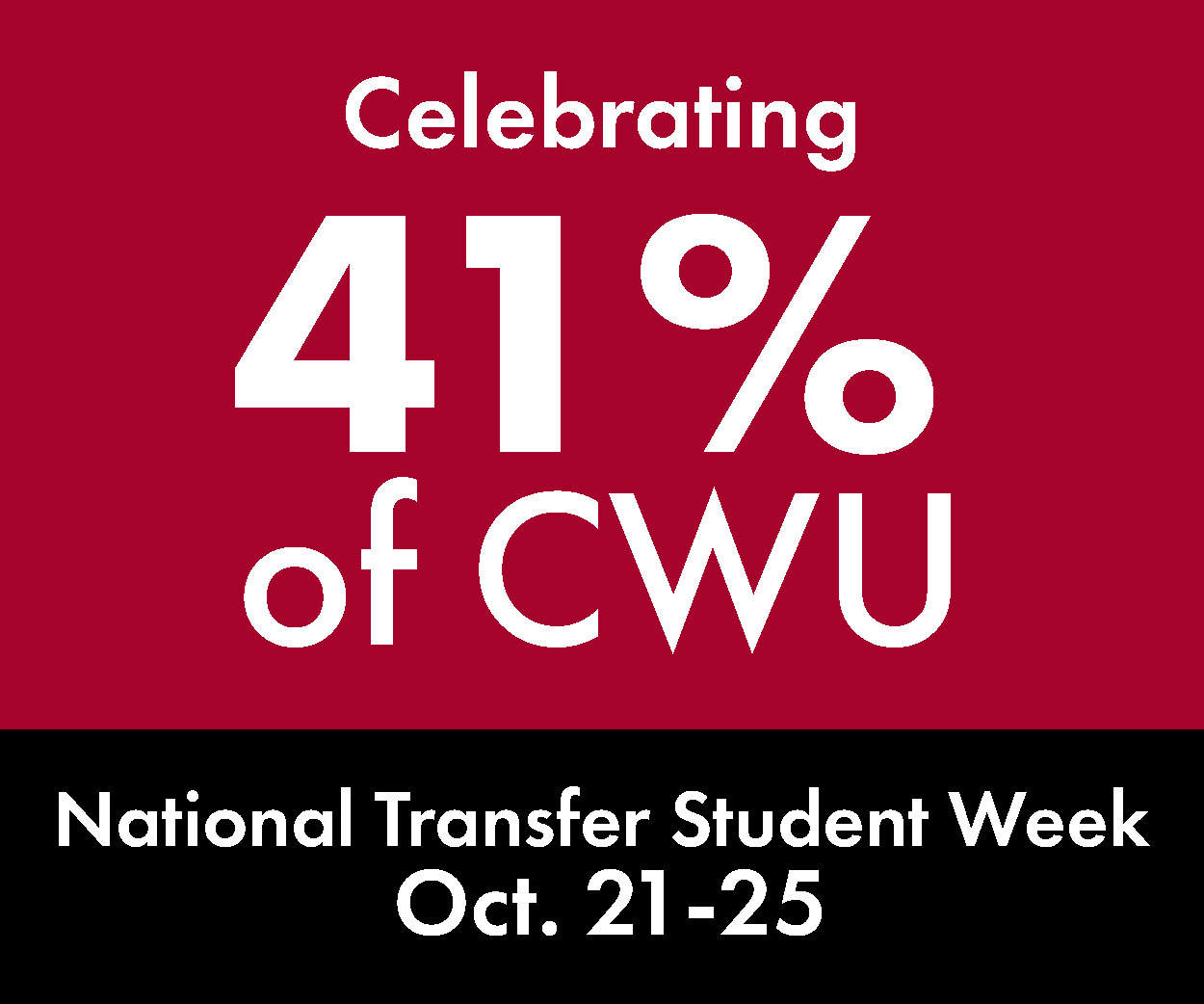Police Misconduct Harms Everyone

Seattle Police make a perimeter around the East Precinct.
April 27, 2022
Policing in America is a topic that is often of a polarizing nature, particularly when discussing misconduct and holding officers accountable. Some believe that police can self-monitor in terms of holding officers accountable, while others want policing to be transparent with independent commissions holding officers accountable.
“The Post documented nearly 40,000 payments involving allegations of police misconduct in 25 departments across the US, totaling over $3 billion. Departments usually deny wrongdoing when resolving claims,” according to The Washington Post.
In Washington state’s most populous city Seattle for instance, the Seattle Police Department paid $13 million between 2010 and 2020 to settle claims, according to The Washington Post. That’s a lot of money when considering Seattle only has a population of 730,000 people, according to the 2020 US Census Report.
Officers know that departments have their back and often don’t face internal disciplinary action if misconduct is reported, so they aren’t worried about facing criminal prosecution. The Washington Post found that between 2010 and 2020, New York City paid $1.77 billion to settle claims of misconduct. Again, these payments are coming at the cost to taxpayers.
These are also civil settlements, so no criminal prosecution takes place as cities and police departments would rather quietly settle allegations with regard to claims of misconduct than go through criminal proceedings, risking further PR exposure and costs.
Whether or not you agree on the existence or prevalence of police brutality or the impacts this can have on minority communities, these impacts far exceed the compensation victims can walk away with. For instance, the mental and physical trauma victims can experience; no amount of money will heal a person.
Another aspect is individuals that may have lost their lives to police misconduct. In the case of Seattle and reviewing the Washington Post data, out of 50 payments made during the 10 year period, settlements ranged from as low as $1,000 to $1.9 million.
This also only takes into account documented cases of police misconduct, with the true numbers potentially being significantly higher.
A former cop turned researcher, Phillip Stinson, found one metric of police crimes through compiling data from Google alerts between 2005-2011. These crimes were committed by police officers while serving in a professional capacity.
Stinson found that less than one officer per 1,000 were arrested for crimes committed. In comparison to the general population, the rate is less than two officers per 100,000, according to the National Institute of Justice.
A lot of police misconduct is often investigated internally, which is a big conflict of interest. In a Last Week Tonight segment in 2016, John Oliver explored police misconduct. Oliver highlighted the double standard prosecutors may have.
Prosecutors may also be reluctant to press charges against officers who commit misconduct as they need officers to testify in court, which officers might not be as willing to do if they know they are being prosecuted for misconduct Oliver said.
Police officers often describe the work environment as dangerous and unpredictable, yet this doesn’t justify misconduct. Nobody will argue that being a police officer is an easy job, many aspects are entirely out of their control. Yet police officers sign up for the job knowing that it can be dangerous and unpredictable.
Firefighters also serve in a dangerous profession and aren’t abusing the rights of citizens in the same way. Firefighters don’t drive around kicking down doors due to a perception of a fire in someone’s house. Police have a bill of rights and qualified immunity which is unique to the profession. Perhaps the role of police and enforcing laws draws different individuals than the traditional firefighter role.
Misconduct costs taxpayers money, and instills fear into the communities police officers are sworn to protect. Many are left traumatized with little recourse. In order to combat police misconduct, several factors could help reduce this. First, reduction of qualified immunity. Second, independent police commissions that have power to hire, fire or discipline officers. Finally, reduce the amount of military hardware police are able to purchase.

